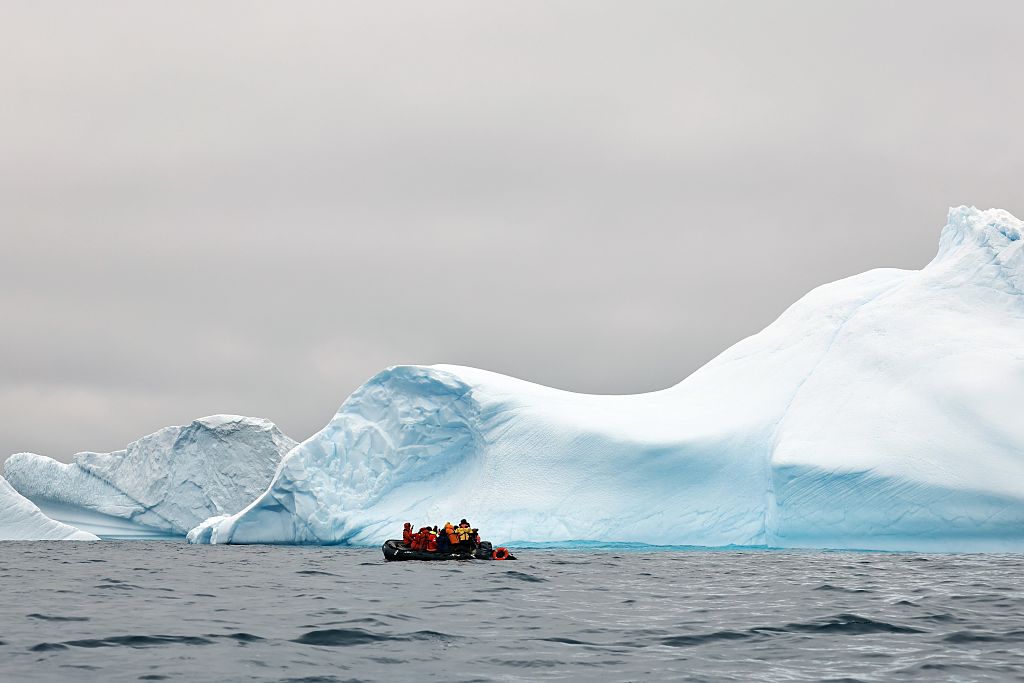Battling Corruption, Humala Purges Police Force
Battling Corruption, Humala Purges Police Force
Peru’s President Ollanta Humala is tackling police corruption by purging two thirds of the force’s top generals—a move some see as an attempt to fill the ranks with allies.
In a move to strengthen his government’s anti-corruption credentials, Peru’s Ollanta Humala forced into retirement 30 of his country’s top police generals on October 9. National Police Force (PNP) generals dismissed included the force’s director and the anti-drug and anti-terrorism chiefs. The unprecedented purge is part of a larger operation to root out systemic corruption in all layers of government—one of Humala’s major election promises. While Peruvians see the police force as the most corrupt institution in the country, critics say the move is an attempt to embed loyalists in the ranks; deposed generals were not given an opportunity to defend themselves and many have not been linked to wrongdoing in the past.
The new PNP director general is General Raúl Salazar, a relative outsider who, prior to promotion, served as the presidential palace’s security head and was an acting police chief in a district of southern Lima. Salazar took an aggressive anti-corruption stance at his inauguration, saying: “We must banish the corruption that is tarnishing the reputation of the police. From the least to the most significant act, it doesn’t matter, it is an offense if you steal one sol or more.”
The government also promoted 18 officers into more senior positions, effective the first day of next year. The selections have been called into question, given that at least 10 of the new generals are former army colleagues of Humala. This has been labeled a coincidence by the government as well as by former President of the Armed Forces Joint Command Jorge Montoya, who was quoted by El Comercio as saying: “The advancement process took place in accordance with the rule of law. Everything was independently conducted by each institution.” The move does, however, have its critics. Opposition legislator Rolando Reátegui stated that he believes “President Ollanta Humala is following a double discourse; on the one hand he speaks of a meritocracy, but on the other he provides benefits for his friends." There are also those that question the move within the government, with Second Vicepresident of Congress Yehude Simon saying: “I will ask that [the president] inform Congress of what the reasoning is behind the removal of each and every one of the police’s high command.”
According to an Ipsos Apoya poll, during this year’s presidential elections 50 percent of Peruvians indicated that the first issue the new government should address was the increase in insecurity. To a growing degree, Peruvians feel that crime and corruption are on the rise in the country. A 2011 survey by local NGO Ciudad Nuestra found that almost two out of three limeños held a negative view of the police forces, considering their work “bad” or “very bad.” Furthermore, three quarters of those living in the capital felt “insecure.”
Coca leaf production, and with it, narco-trafficking, have been increasing steadily and the country could soon overtake Colombia as the world’s biggest supplier of cocaine.The UN Office on Drugs and Crime, in its 2011 Global Study on Homicide report, shows that drug-related crime has been growing steadily in the Andean nation, and the government has called for increased counternarcotics cooperation with the United States.
Learn more:
- Peruvian Government website.
- National Police Force of Peru website.
- Access an infographic on Peru’s former and new generals.
- Watch a video of Minister of the Interior Oscar Valdés discussing the purges.
- The UN Office on Drugs and Crime Peru page.
- Devida, the Peruvian government anti-drug authority.







